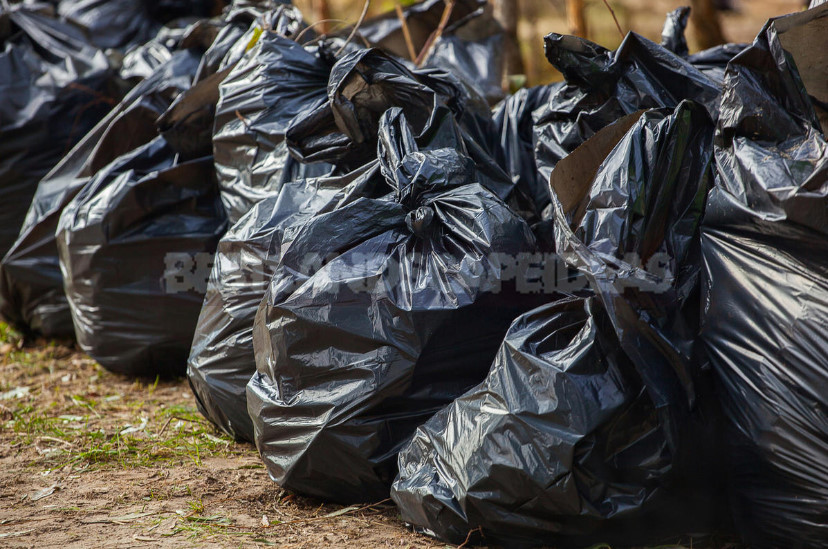Each resident produces an average of almost fifty kilograms of garbage every month. To calculate the volume of the garbage heap of the city everyone will be able independently. It is obvious that garbage is a big problem of modern human society.
And landfills for the disposal of solid waste, growing around settlements and, as a consequence, spoiling the environment – is not the only trouble of the world’s population – both living and future generations. Human civilization consumes natural resources. To satisfy the modern appetites of consumerism, we have spent a third of the planet’s resources over the past three decades. And every year their consumption increases by almost 2 %.
It is easy to calculate how many years later, if we do not change our consumer habits and methods of waste disposal, we will be left without resources, surrounded by garbage. According to scientists, this can happen by 2030-2040.
Recyclable materials
Problems of garbage are in charge of a separate branch of science – garbology. And experts in this area of ecology see recycling (re-use) of waste as one of the ways to solve the “garbage issue”.
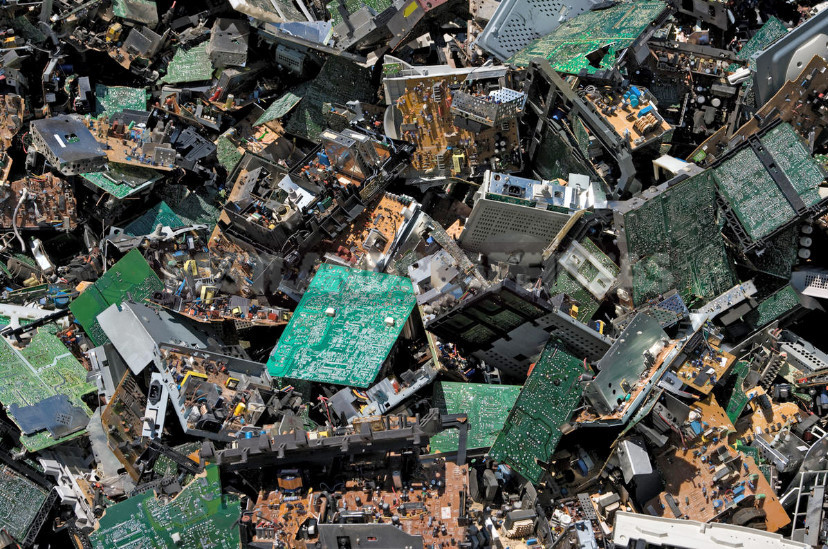
Use of recyclable materials:
- waste disposal means there is no need to bury it in landfills;
- reducing the size of landfills reduces the burden on the environment;
- garbage contains valuable raw materials: the concentration of substances that can be found for industrial use, in some cases, in the garbage is many times higher than the presence of these substances in untreated natural minerals;
- processing of waste, in addition to valuable resources (for example, gold or copper), gives a lot of useful side raw materials – for the production of building materials, paper industry and other things;
- incineration in modern (with a minimum emission of CO2 and other harmful substances into the atmosphere) incinerators that can not be processed – is the production of heat and electricity, and ash, in turn, can become a raw material for the production of building materials.
In the economies of many countries, recyclables already occupy a significant share in the total amount of raw materials for industry. For example, in Germany, about 20% of all industrial raw materials are secondary.
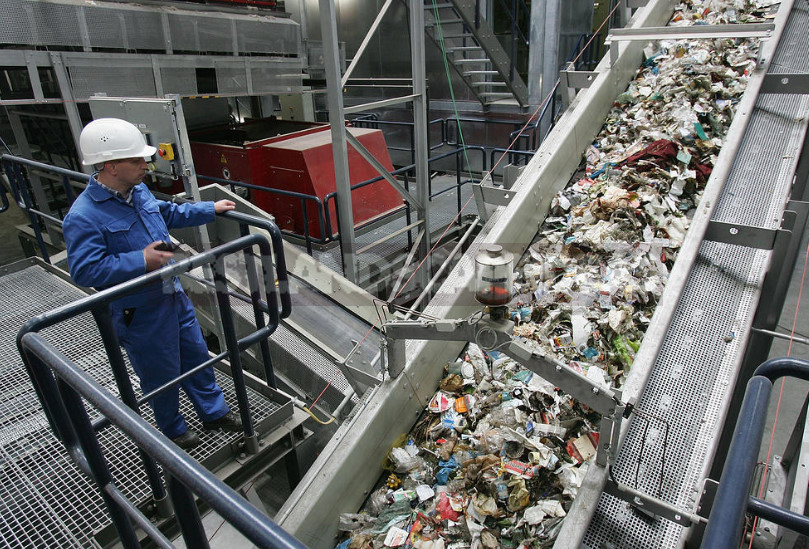
The most illustrative example of Japan: the scanty of its territory makes the government look more closely at the disposal of waste – in Japan, there is simply no place to arrange landfills, and there are very few natural resources in the country. The land of the rising sun is a world leader in waste processing. In 2014, the share of recycled plastic in Japan was 83%.
Selective garbage collection
To benefit from waste is possible only with separate waste collection. For Europe and other countries selective waste collection is no longer news. Multi-colored garbage containers are on the streets and on the grounds for the collection of household waste.
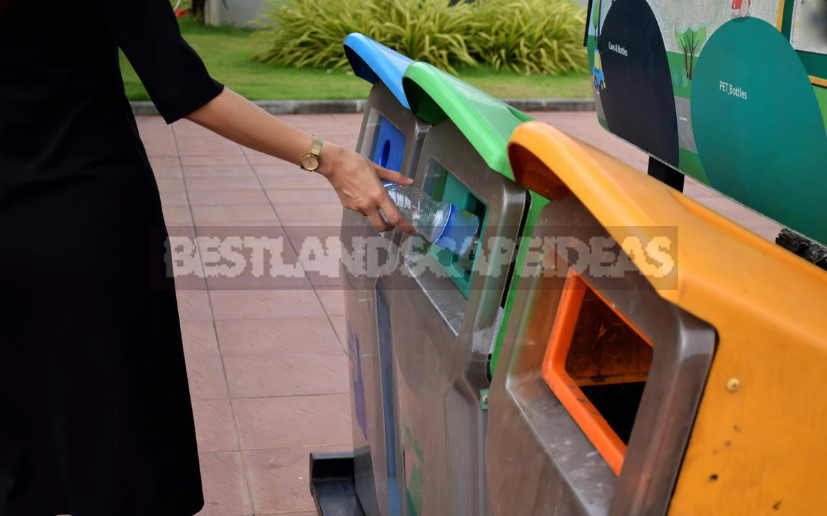
Of course, modern waste processing plants are equipped with equipment for waste separation. But it is most effective to separate them at an early stage.
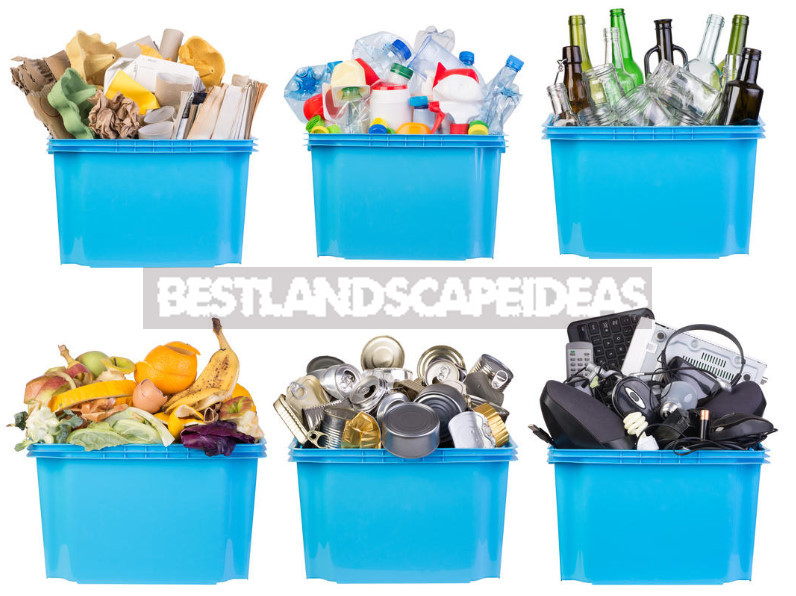
For example, paper and cardboard that are thrown away separately can be completely recycled. And if the paper waste mixed with food-will become wet and dirty, recycle waste paper into new paper products will not work. Separate collection of waste at an early stage increases the efficiency of processing from 20-30% to 80%.
Carrot and stick
So the person that the strongest motivators to action are bonuses and penalties is arranged. Campaigning for separate waste collection, of course, encourages some citizens to consciously sort their waste. But fines and bonuses work better.
If we go back to the experience of other countries, for example, in 1997, Japan adopted a law on the mandatory separate collection of garbage for industries and households. Law-abiding Japanese not only sort the contents of their trash, but also wash the garbage. For example, the packaging of yogurt, before you throw in a container to collect plastic waste, rinsed.
Therefore, Japan not only does not suffer from an overabundance of waste (although it is the most urbanized country with a large population density), but also increases its territory by building Islands from garbage.
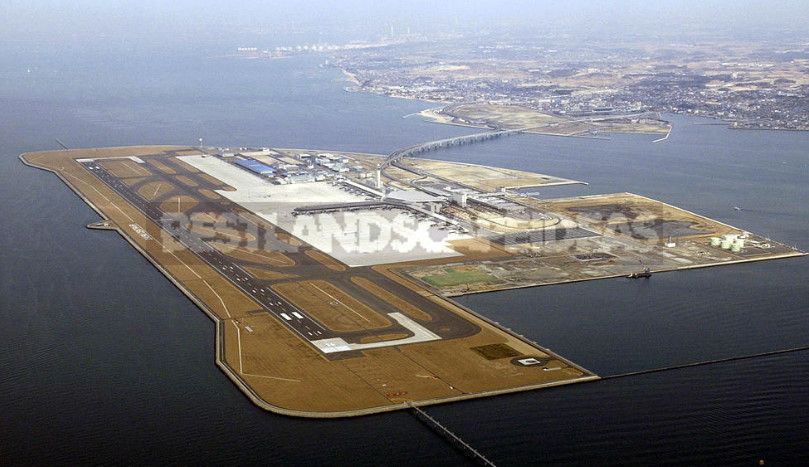
This is the Tuba airport (Nagoya city, Osaka Prefecture, Japan), built on an artificial island created from recycled waste.
Also-the national law-resolved the issue of mandatory sorting of garbage in Germany.
